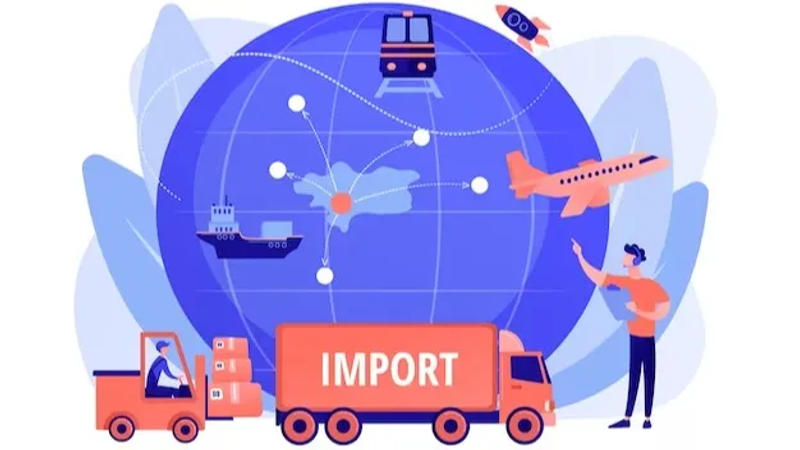Published 16:51 IST, April 17th 2024
Indonesia revises import regulation amid supply chain concerns
The regulation, implemented late last year, sought to tighten monitoring for a range of imported goods.

Indonesia revises import regulation amid supply chain concerns
| Image:
Freepik
- Listen to this article
- 2 min read
Advertisement
16:51 IST, April 17th 2024
